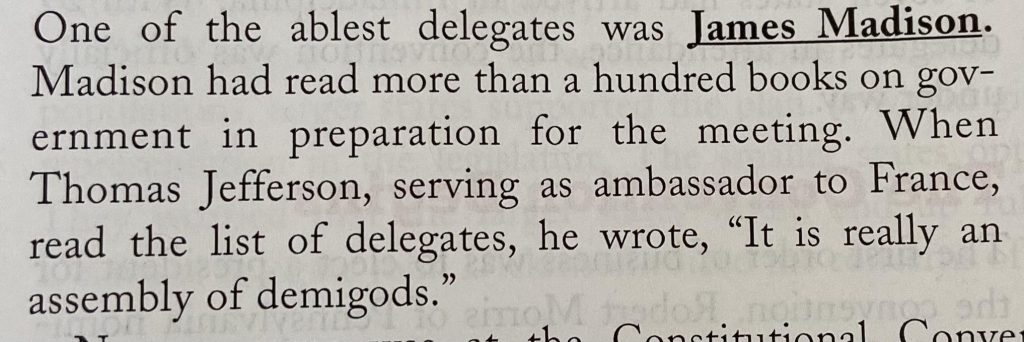Starting With a Controversy
Starting my blogging journey with a semi-controversial topic might not be the brightest idea — but since I began writing this, the world itself has only gotten more controversial. Politics is shifting faster than ever, artificial intelligence is creeping into every corner of our lives, and even the definition of what it means to be human is evolving by the day. We’re living through one of the most important periods in history — a time comparable to the Industrial Revolution. But enough about my anxieties for the future; let’s focus on today’s topic which, as you’ve probably guessed from the title, is the internet and its communities.
The Internet’s Wild West Era

My humble conclusion (not just an opinion) is that the internet and its communities are in their late Wild West stage. Just like the settlers of America who resisted British rule, or the pioneers of the frontier who sought opportunity with little oversight, internet users resist government regulation because they came here to escape the rules of the old world. But just as the railroads eventually brought sheriffs, then police, and finally state authority, the internet’s unregulated frontier is now facing its own ‘law and order’ moment.
Voices of Protest

When governments move in to regulate previously unregulated spaces, protests break out in different forms. Some come from the “victim voices” who ask: where were you when we were scammed by Indian call centers, or when my child was bullied online? Others come from the freedom-lovers, who insist they value the internet precisely because it had no government oversight — a place where they could do things impossible in real life. But this second group often ignores the darker side of the internet, dismissing its harms as just the price of freedom.
But there’s also a third kind of protest — one that targets corporate greed. These voices speak out against the rise of subscription-based services, microtransactions, and companies that charge for features users have already paid for. Unlike the freedom maximalists or the safety advocates, this group isn’t against regulation — in fact, they actively demand state intervention to rein in corporate lawlessness on the internet. Their goal is simple and noble: to create a digital space where users aren’t exploited by predatory business models. It’s a movement rooted in fairness — not just freedom — and in the belief that the internet shouldn’t be a playground for unchecked corporate profit at the expense of ordinary people.
Clippy, the image I placed above this section, has become an ironic symbol of that protest — a reminder that even when digital assistants were forced on us without consent, at least Clippy just wanted to help. He didn’t harvest our data or push targeted ads — he just popped up awkwardly, trying to be useful.
The Rise of Local Sheriffs
This uncharted lawlessness on the internet has created local sheriffs — the moderators and admins of online communities. Many of them act as if they hold the authority of kings, and some seem to slip into the same mindset as guards in the Stanford Prison Experiment. But can we really blame them? With just two clicks, they can erase someone’s existence from a community. Even Kim Jong-un couldn’t dream of such power. To remove someone instantly, without trial or consequence — that’s the kind of authority even a supreme leader might envy. Kim, if you’re reading this, I hope you don’t mind me calling you by your surname.
Ordinary People, Extraordinary Power
Large online communities being run by ordinary people isn’t inherently bad — but it is complicated. The controversy doesn’t stem simply from the fact that admins are “just regular people.” After all, governments are also run by people like us. What unsettles us is the illusion: because our lives depend so much on governments, we like to imagine them as perfectly operating machines, run by some elite class of near-demigods (James Madison’s words, not mine). The truth, in both cases, is far messier.

Why Online Communities Struggle With Governance
Unfortunately, internet communities don’t have the same backbone as states. Governments rely on bureaucracy and centuries of trial-and-error in governance. There’s a whole library of past mistakes and lessons to draw from. Online communities, on the other hand, are mostly run by people with zero formal training in administration — just regular people suddenly in charge of thousands of others.
How Communities Are Born
Most internet communities start the same way: an ordinary person goes viral, gains a following, and then decides to monetize it by building a community. And if there’s a community, there has to be management — a rule as old as agriculture.
Nepotism in Moderation
The problem is that many internet celebrities recruit their most loyal fans or family members (yes, nepotism is alive and well online) as moderators, regardless of whether they know how to run a community. That’s how some of the biggest online spaces with thousands of members are managed today.

Why People Stay in Toxic Communities
I can almost hear you asking: why would someone stay in an online community where they’re bullied or worse? The answer lies in human psychology. We’re social beings — survival has always depended on belonging to a group. That evolutionary trait helped us dominate the earth, but it’s also a curse when the “group” turns toxic. The need to belong often traps people, especially teenagers with low self-esteem or those struggling with mental health, but it can happen to anyone. Just look at the hundreds of thousands paying $50 a month to join an alleged university run by people who push shady crypto schemes.

The Trap Mechanism
If we break down how people — especially minors or anyone just looking for a sense of belonging — get pulled into toxic online communities, it usually goes like this: they join a Discord server. It might be for gaming, casual chat, or any reason people like to gather. In our example, let’s say gaming, since that’s where toxicity often gets extreme.
The new member is “vetted” — meaning the admins check if they’re not a troll, or more bluntly, if they’ll follow orders without asking questions. This alone gives admins a hit of power. Some servers even charge for entry, which makes people less likely to leave (classic sunk cost fallacy — the same reason Ponzi schemes keep victims hooked). In worse cases, admins demand personal info like full names or even identification documents, so they can threaten to dox anyone who leaves. For a clearer picture of how this works, check out the video below.
Clicks to Consequences
What differentiates internet communities from countries is that, in theory, you can leave an online group whenever you want, while leaving a country isn’t so simple—especially if you’re not from the more fortunate parts of the world. Some might argue that internet communities don’t have real-world consequences, but that’s not entirely true. History shows plenty of cases where online groups directly or indirectly shaped major events offline. As I mentioned earlier, human psychology plays a big role in why people stay even when things turn toxic. But beyond individual behavior, online communities can spark ripple effects that reach far into reality.
Conclusion: Change Is Inevitable
Internet communities are amazing because, for the first time, anyone from anywhere can have a voice without constraints. But those same voices can also be silenced or banned at the click of a button — often by people with governing skills worse than the Liberian warlords Vice once filmed in their infamous documentary (seriously, don’t watch it if you’re sensitive — it’s some of the foulest footage ever put on camera).

State involvement in the internet is inevitable, and it could even bring benefits if done with good intentions. Just like the Wild West, the frontier never stays wild forever. The only permanent thing in history is change itself.
When the Qing Empire tried to block their ships from sailing abroad, it didn’t stop Europeans from arriving — it only left them unprepared to respond. The lesson: we either adapt to change or drive it, because resisting it only gets us overwhelmed by it.
Final Words (for Now)

Thank you for surviving my rant — I only wrote it because some ego-driven moderator decided I wasn’t worthy of existing in their little kingdom. Stick around though, because unlike that community, here you’re always welcome. See you next time — unless I somehow get banned from my own blog, which honestly would be an achievement worth bragging about.
